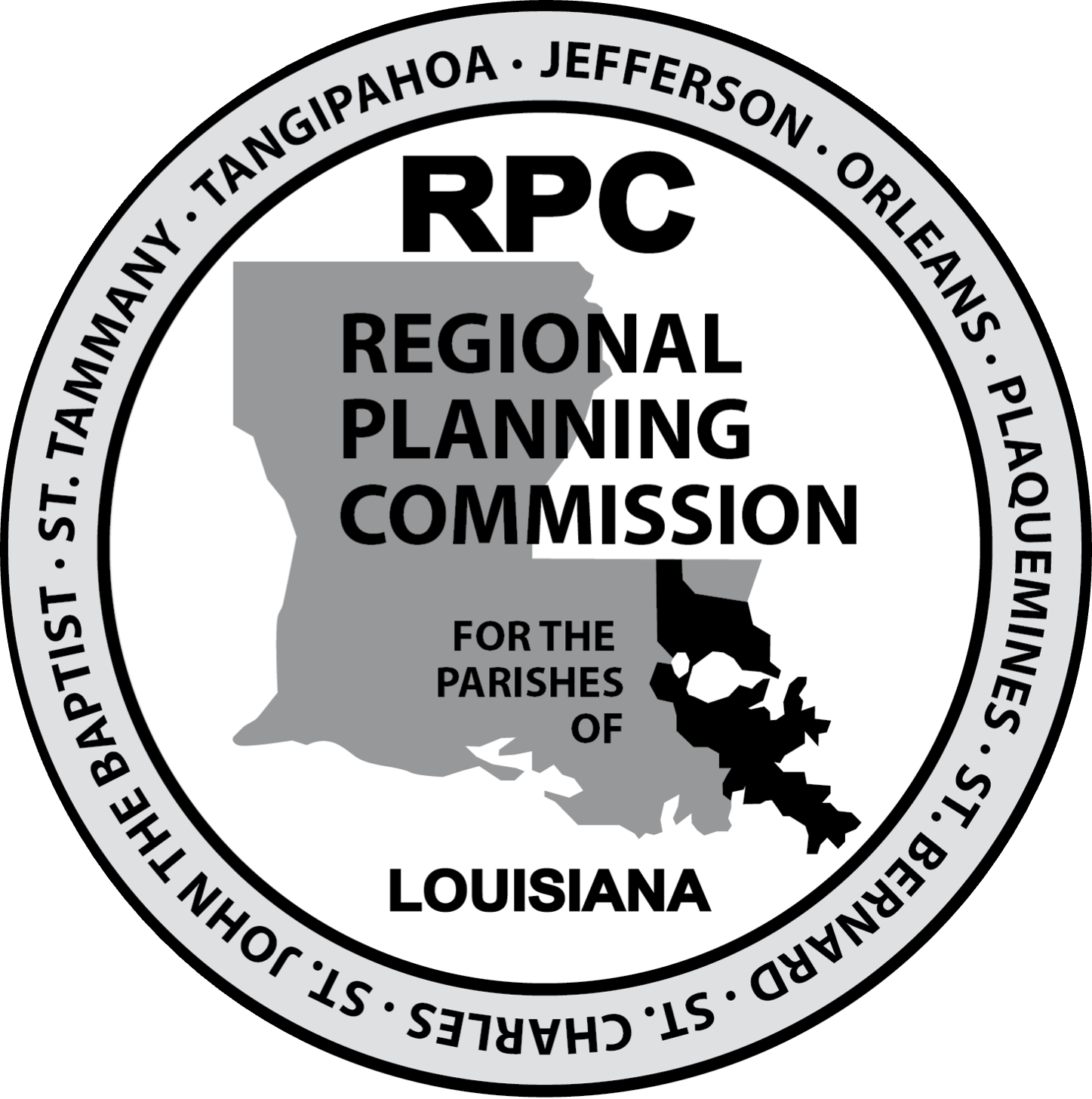Transportation is a fundamental pillar of human civilization and global development. It enables the movement of people, goods, and services—connecting communities, boosting economies, and shaping how societies function.
MPO – Transportation Planning

MPO Transportation Planning
MPO – Transportation planning is the process of developing coordinated strategies to address the long-term and short-term transportation needs of a broader geographic area, known as region, encompassing multiple municipalities and parishes. Unlike local planning, which focuses on individual jurisdictions, regional planning looks at the bigger picture—how people and goods move across a region and how transportation supports broader goals like economic growth, environmental preservation, and community needs.
MPO transportation planning is conducted both long term and incrementally. Long-term and incremental planning are two complementary approaches used to guide development, investment, and policy over time. They differ in scale, scope, and timing, but together they help ensure that transportation systems evolve in a sustainable, adaptable, and strategic way.
The RPC uses federal mandated Performance-based Planning methods a results-driven approach designed to help make smarter, more accountable transportation decisions by setting clear goals, measuring progress, and using data to guide investments. This ensures that public funds are spent effectively to improve safety, mobility, equity, and infrastructure across the region.
This approach aligns with federal transportation planning requirements and supports long-term strategies outlined in key documents like the Metropolitan Transportation Plan (MTP) and Transportation Improvement Program (TIP). Through performance-based planning, RPC works to deliver real, measurable improvements that respond to the needs of Southeast Louisiana’s communities pursuant to 23 USC 134.
Metropolitan Transportation Plans (MTP)
The Metropolitan Transportation Plan (MTP) is the long-range blueprint for our region’s transportation system, guiding investments and policies over a 30 year horizon. The planning process is comprehensive, cooperative, and continuing, as required by federal law, and is led by the Regional Planning Commission serving as the Metropolitan Planning Organization (MPO) for the region, in coordination with local governments, transit agencies, state and federal partners, and the public.
Transportation Improvement Programs
What is a TIP?
The Transportation Improvement Program (TIP) serving as the region’s short-term plan that lists specific transportation projects that are scheduled for funding and implementation. Projects included in the TIP are derived from the MTP using data and consultation.
How are TIPs Prepared?
They are prepared cooperatively by the RPC, acting in its legal capacity as the Metropolitan Planning Organization for the New Orleans urbanized area, local governments, Louisiana Department of Transportation and Development, public transit operators, and other key stakeholders, with input from the general public.
How often is it updated?
The TIPs are on a four-year update cycle. However, the TIPs are reviewed regularly by the RPC. Selected revisions are permitted, following formal amendment procedures.
How does our TIP incorporate at the state and federal levels?
State
Both the local TIPs and State TIP are identical documents containing a common set of projects proposed for federal funding. TIPs and STIP are products of a consensus-building process carried out jointly by the RPC and the Louisiana Department of Transportation and Development.
Federal
Projects identified in the TIPs are part of the approved Transportation Plan and refer to improvements being funded under the Infrastructure Investment and Jobs Act (IIJA).
